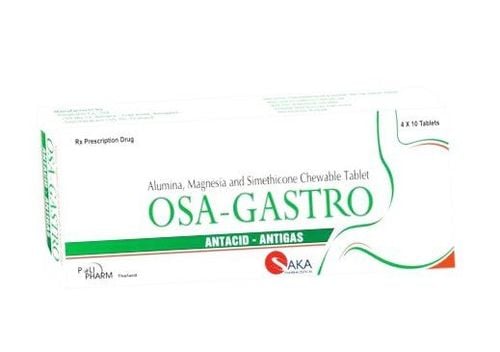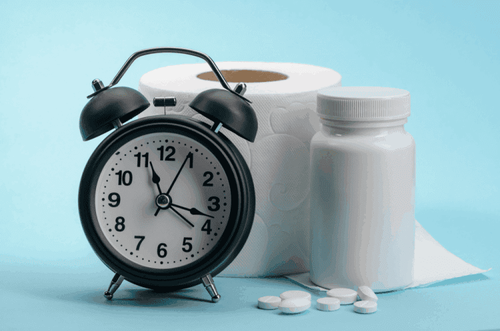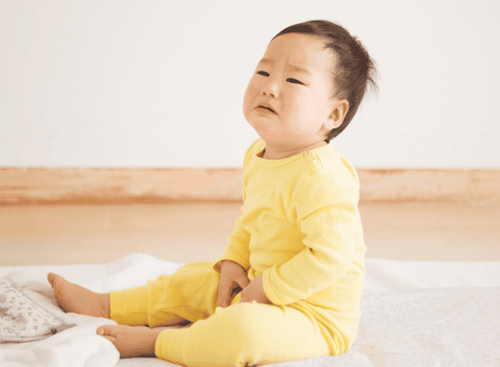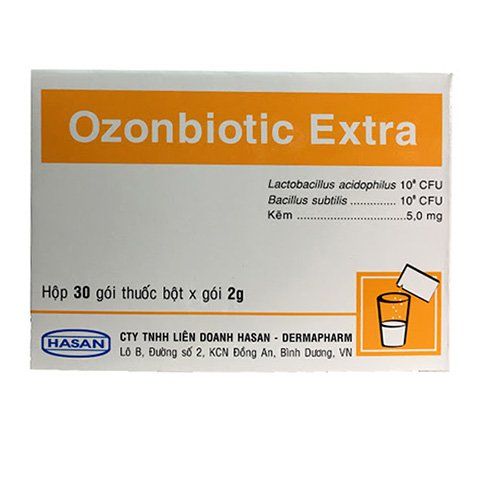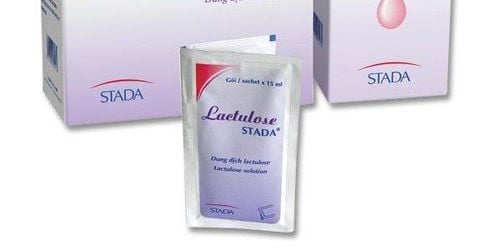This is an automatically translated article.
The article was written by MSc Mai Vien Phuong - Department of Examination & Internal Medicine, Vinmec Central Park International General HospitalConstipation can occur due to one or more malfunctions of the pathway where stool is excreted. These can include slow-moving stools, hard stools, or problems with the muscles and nerves needed to have a bowel movement.
1. How does constipation feel?
Stomach fullness Intestinal pain Feeling like stool is still in the rectum but cannot pass Feeling heaviness or discomfort in the stomach and abdomen Pain in the back Sometimes it is difficult to distinguish between a difficult sensation pain in your stomach and intestines, you may feel cramping or bloating in your intestines pushing up on your stomach. As a result, you may feel upset in your stomach while the actual area of constipation is in your intestines.
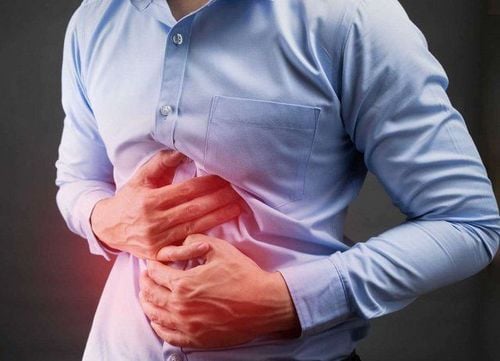
2. When do you need an emergency?
Need immediate medical treatment if you experience any of the following:
Blood in stools more than a small amount Dark or tarry stools Severe abdominal pain Symptoms that do not improve or get worse worse even after trying home self-care measures, including laxatives Continued pain after trying to have a bowel movement or the pain gets worse Constipation alternating with diarrhea These symptoms may It could be a sign of bleeding in your digestive tract or that you have an intestinal blockage. These can be life-threatening emergencies.

3. What are the treatments for constipation?
Treatments for constipation can range from lifestyle to medication treatment. If a blockage or scarring interferes with the passage of stool, you may need surgery. Some of the home self-care measures you can use to reduce the incidence of constipation include:
Drink plenty of water to make your urine light yellow. Eat at least 25 grams of fiber per day through sources like vegetables, whole grains, and fruit. Engage in regular physical activity, such as walking, biking, or dancing. This increased physical activity helps stools move faster. Talk to your doctor about medications you may be taking that affect constipation. However, you should not stop taking your medicine without first talking to your doctor. There are also over-the-counter (OTC) medications that can ideally relieve constipation, such as fiber supplements.
Whether temporary or chronic, constipation can be an uncomfortable phenomenon whose symptoms don't always happen where and when you think they will.
Fortunately, most cases of constipation can be resolved with home self-care measures. If your symptoms don't improve or you have pain and bleeding, bowel movements less than three times a week combined with difficulty with bowel movements or other discomfort, you should talk to your doctor.
Please dial HOTLINE for more information or register for an appointment HERE. Download MyVinmec app to make appointments faster and to manage your bookings easily.
References:
Balzer D. (2015). Constipation is often a preventable emergency. newsnetwork.mayoclinic.org/discussion/constipation-is-often-a-preventable-emergency-4215/Constipation. (n.d.). fascrs.org/patients/disease-condition/constipation-expanded-version Enlarged hemorrhoids: how can you relieve the symptoms yourself. (2017). ncbi.nlm.nih.gov/pubmedhealth/PMH0072650/ Trottier M, et al. (2012) Treating constipation during pregnancy. ncbi.nlm.nih.gov/pmc/articles/PMC3418980/ What are the symptoms of constipation? (2018). niddk.nih.gov/health-information/digestive-diseases/constipation/symptoms-causes





